
|
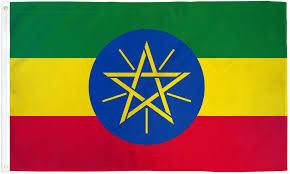
|
Date: Jun 05, 2025
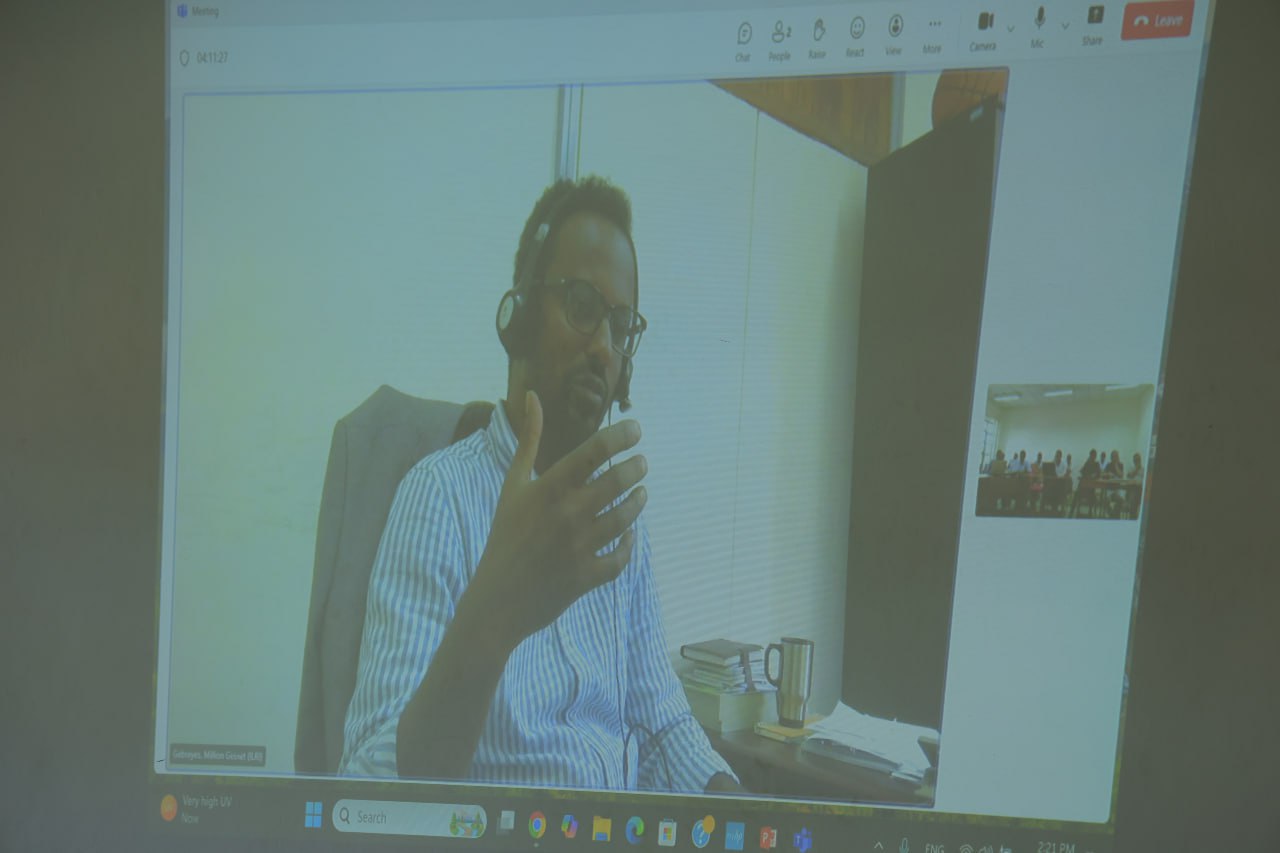
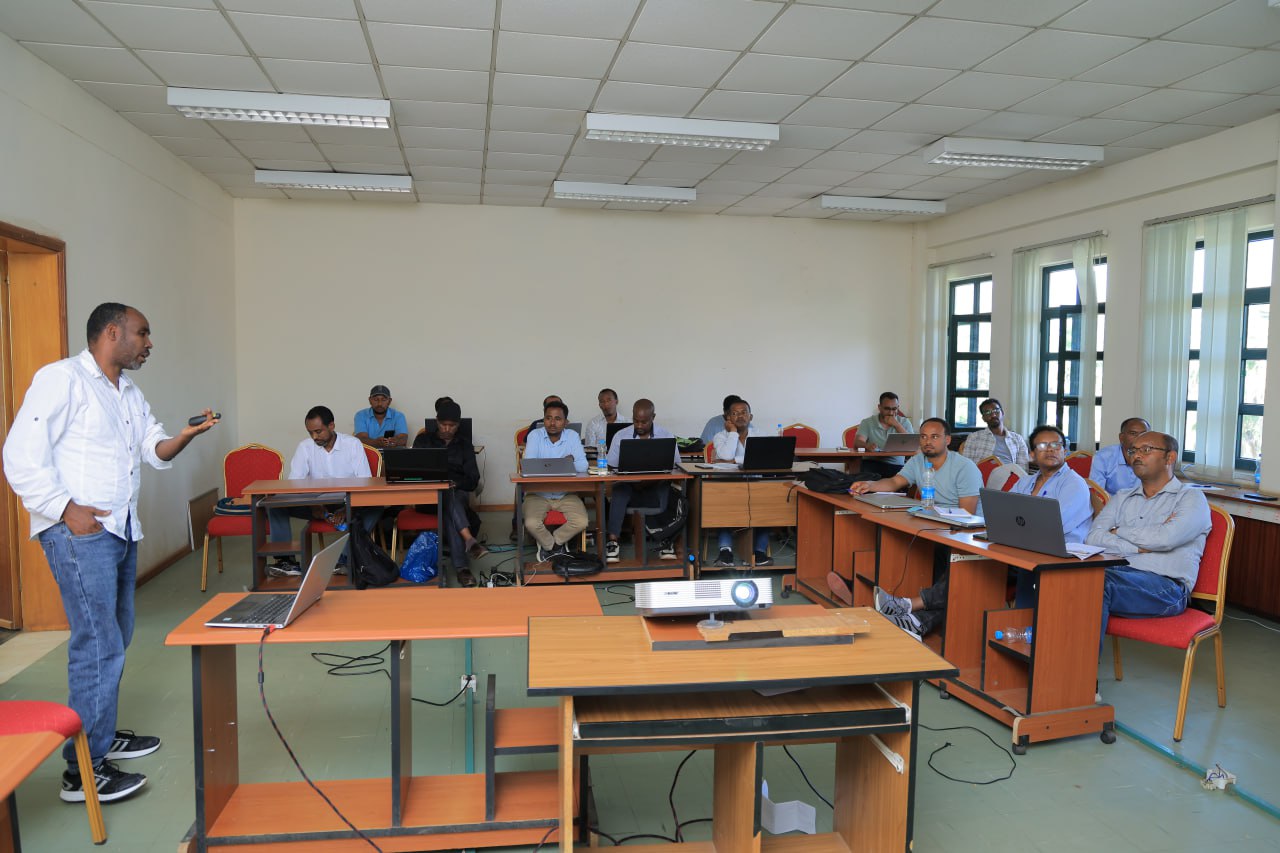
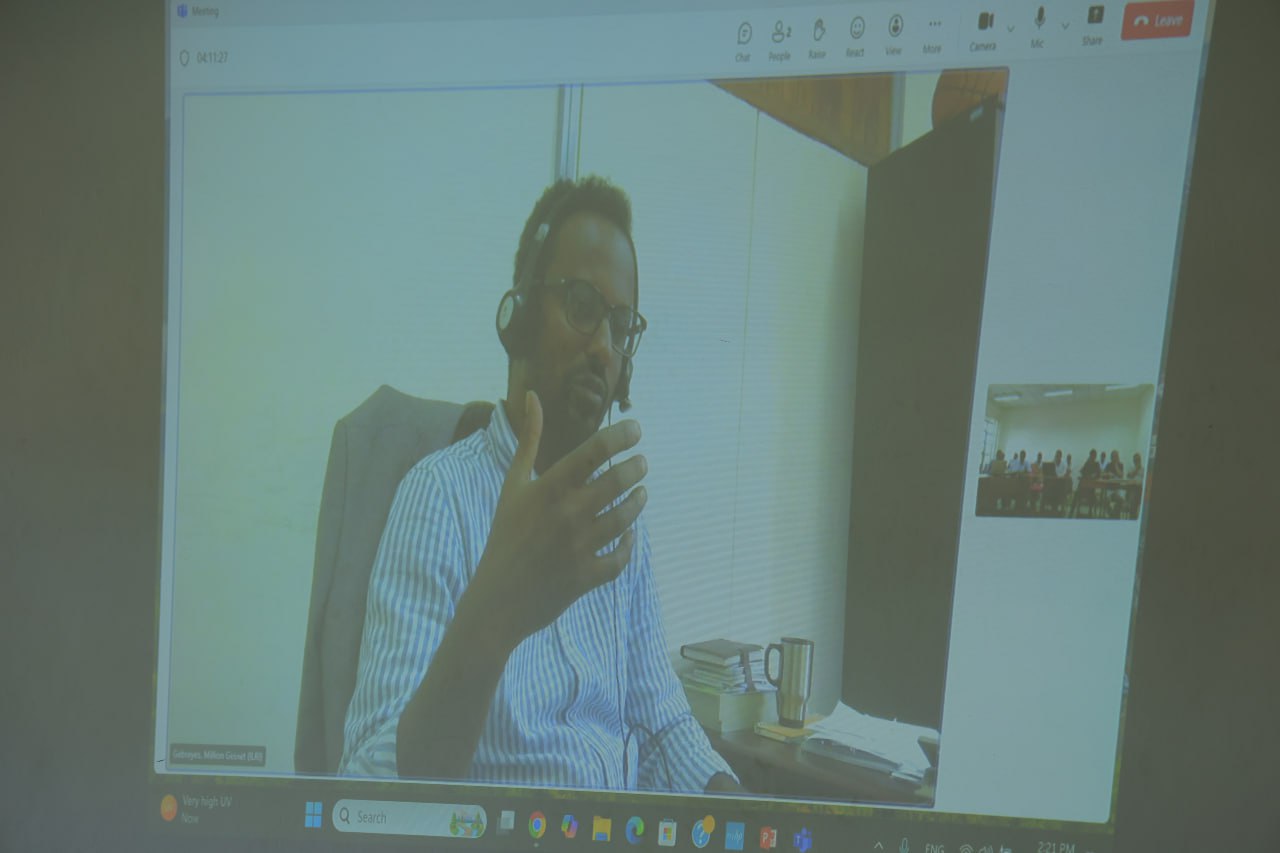
The Amhara Agricultural Research Institute (ARARI) conducted a four-day training session from May 22 to May 26, 2017, for agricultural extension researchers from various research centers and the headquarters with budget support from the Food System Resilience Program (FSRP).
The training focused on qualitative research methods and covered a range of topics, including:
Social Network Analysis (SNA): Led by Dr. Habtemariam Assefa, a researcher in extension at the Andassa Livestock Research Center, this session introduced key concepts of SNA, its importance and applications in extension research, establishing relation interests, collecting, organizing and analyzing relational data, and the possible unit of analysis in Social Network Analysis.
Qualitative Research Approach: Presented by Dr. Million Gebreyes, this session discussed the philosophical foundations of qualitative research, hermeneutic philosophical orientations, and the philosophical underpinnings of social theories. It also covered qualitative data collection methods and the fundamentals of qualitative data analysis.
Ethnographic Decision Modeling: Dr. Dagninet Amare from the Adet Agricultural Research Center led this session on one of the key qualitative methods. His presentation included an introduction to ethnography, theoretical foundations of ethnographic decision modeling, its relevance to agricultural research, differences between ethnographic models and other research models, designing and executing ethnographic decision modeling projects.
Discourse Analysis: Dr. Lijalem Abebaw, a researcher from the Andassa Livestock Research Center, focused on qualitative research with an emphasis on discourse analysis. Topics included different types of discourses, definitions and significance of discourse analysis, central questions explored by discourse analysts, key concepts and sub-methods in discourse analysis and methodological approaches in agricultural extension research.
The theoretical sessions were complemented by hands-on practical exercises. Trainees gained familiarity with qualitative data analysis techniques using various tools and software, including Gephi, R, and MAXQDA.
In the concluding session, it was emphasized that trainees often disperse after completing their training. To ensure that the knowledge gained is effectively translated into practice, however, it was deemed essential to either initiate new research projects or integrate the training content into ongoing research activities. This approach ensures that the knowledge acquired is applied effectively and contributes to strengthening the extension system. Additionally, it was agreed that training coordinators and trainers would hold weekly virtual meetings to exchange ideas, discuss progress, and collaboratively develop implementation strategies to share with the trainees.
Photographer: Tadese Misganaw
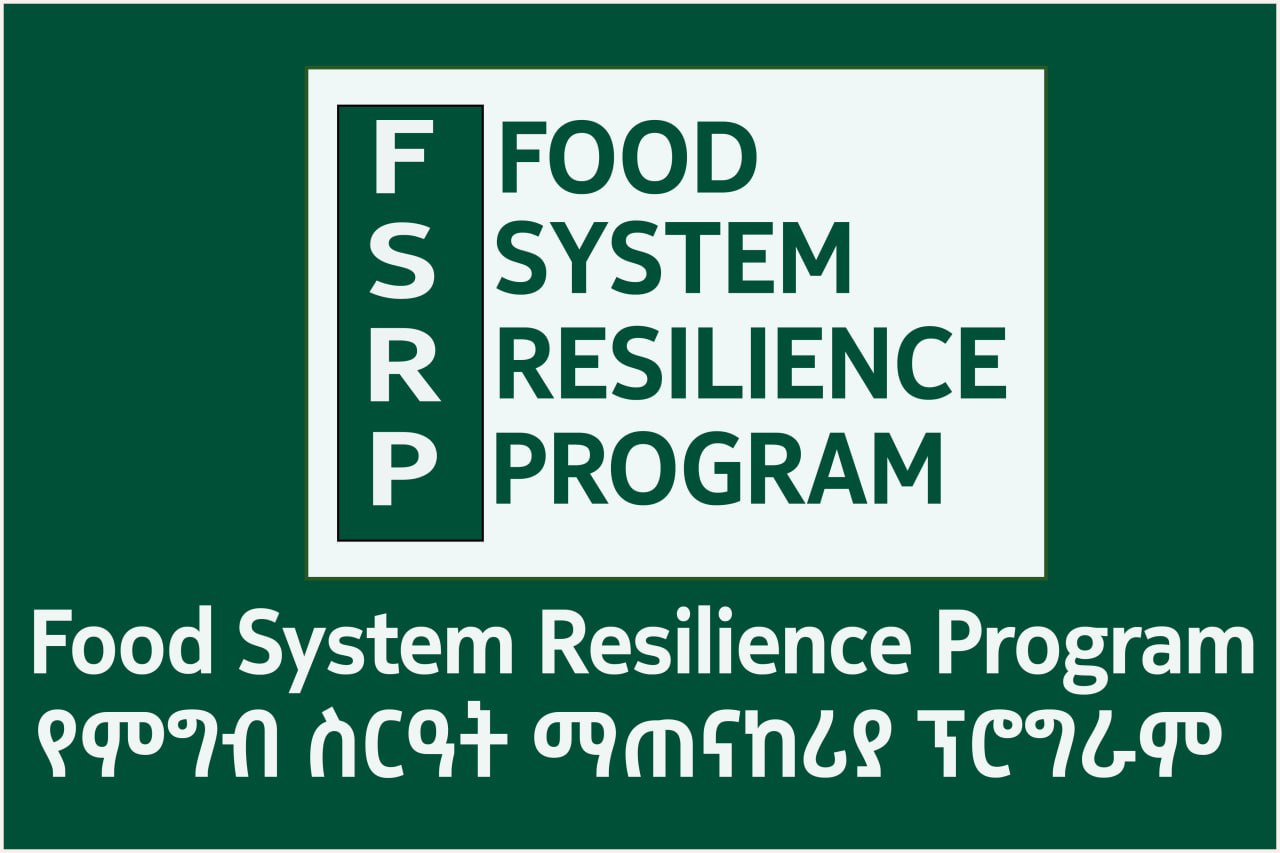

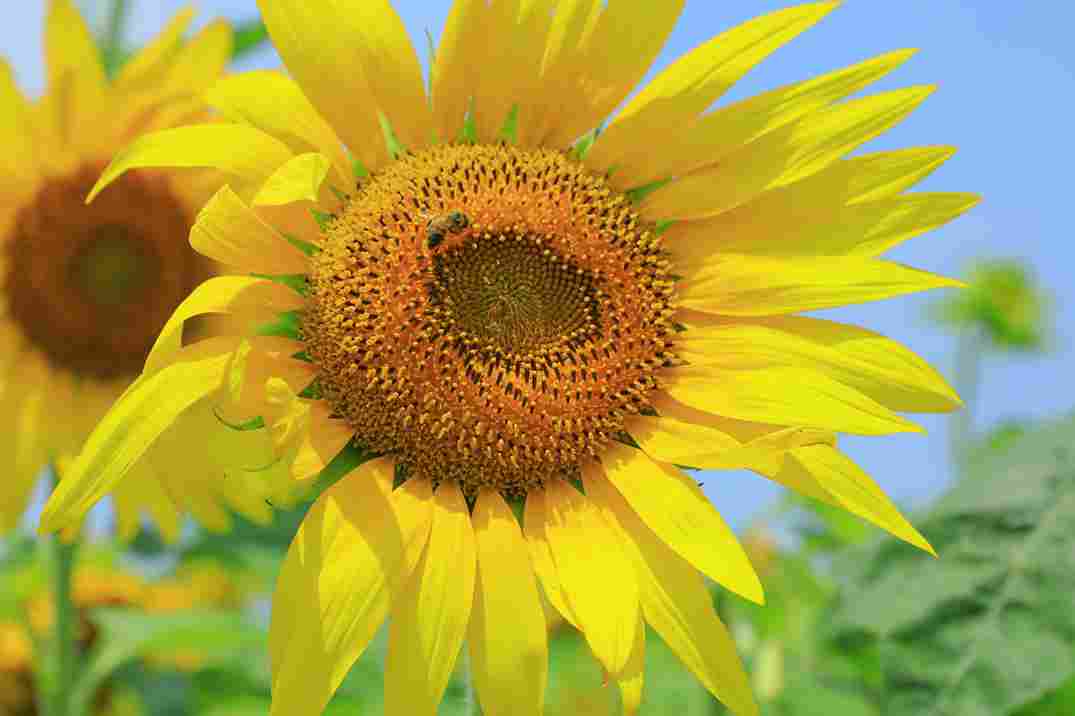
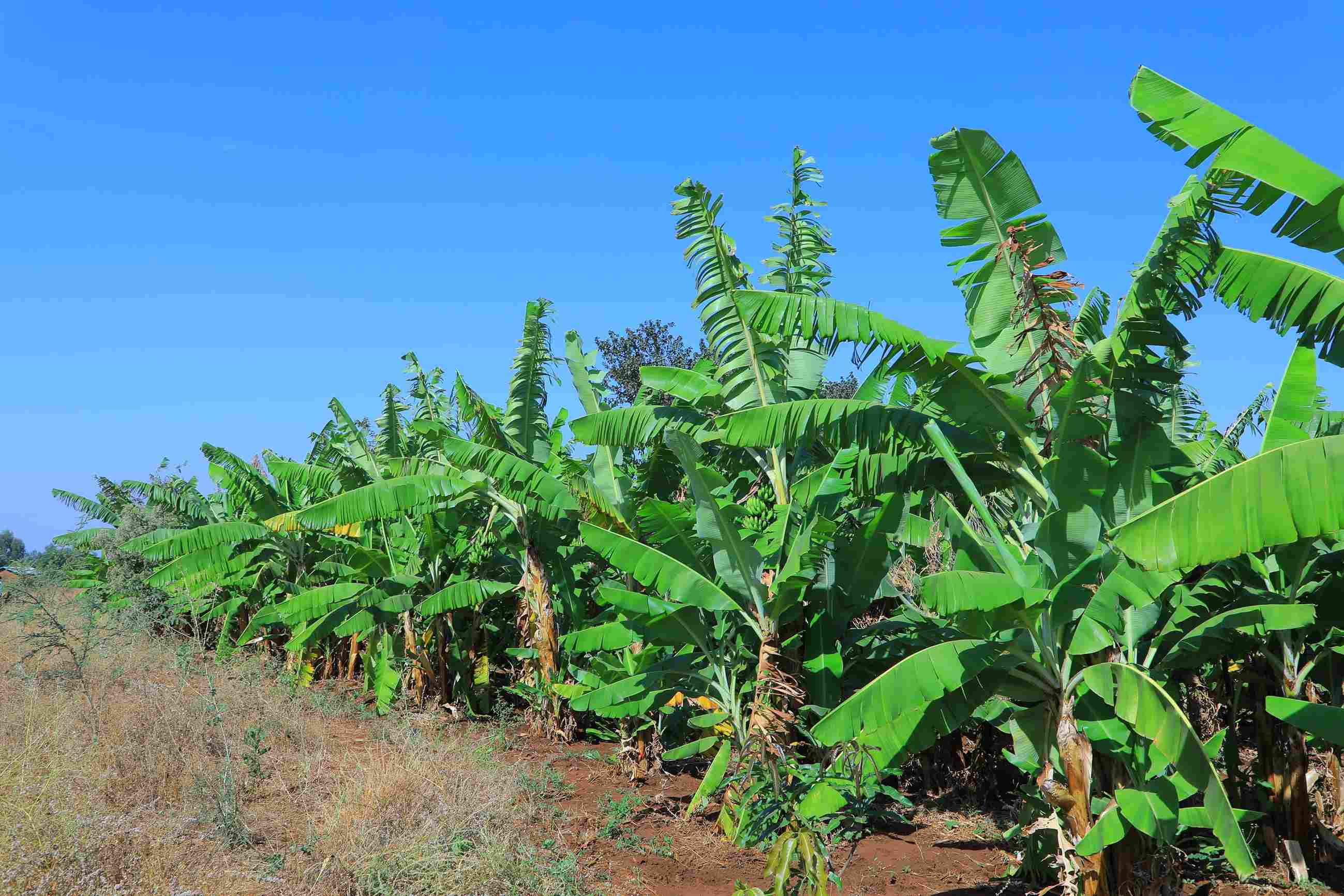
Science grows food; peace sustains itFood security remains one of the most pressing global challenges, especially in regions affected by conflict and environmental instability. Agricultural research plays a pivotal role in addressing this challenge by developing resilient crop varieties, sustainable farming practices, and innovative technologies tailored to local conditions. However, the effectiveness of these solutions can be undermined by conflicts, wars, and instabilities caused by many human-made issues that disrupt farming activities, displace communities, and hinder access to markets and resources. Effective conflict management strategies are essential to create an environment where agricultural innovations can thrive. By integrating agricultural research with conflict-sensitive approaches, stakeholders can ensure that interventions reach the most vulnerable populations. Collaborative efforts between governments, researchers, and communities are vital to restoring trust and fostering long-term resilience. Ultimately, the path to food security lies in harmonizing science and peacebuilding efforts. With coordinated action, we can cultivate not only thriving farms but also stable communities, paving the way for a sustainable future for all. Author: Solomon Abate Mekonnen Date: 2024-12-21 43:21:08 |
|
 |
Enhancing Research Publishing: New Digital Journal Management SystemThe Amhara Agricultural Research Institute (ARARI) is proud to introduce its new Digital Journal Management System, designed to streamline the process of tracking submissions and publications. This advanced system offers a seamless experience for authors, reviewers, and editors, ensuring that every step of the publication process is efficient and transparent. By adopting this digital solution, ARARI aims to foster a more organized and accessible platform for research publishing, ultimately advancing the dissemination of vital agricultural research. Author: Solomon AM Date: 2024-05-24 10:24:01 |
 |
ARARI Revolutionizes Research Engagement with Innovative Digital SystemThe Amhara Agricultural Research Institute (ARARI) is transforming its research operations by implementing a cutting-edge digital system. This innovative platform aims to enhance the efficiency and effectiveness of agricultural research, streamline data management, and foster seamless communication among researchers. By embracing digital technology, ARARI is poised to accelerate scientific discoveries and ensure sustainable agricultural development in the region. Author: Solomon AM Date: 2024-05-24 50:24:09 |
Science grows food; peace sustains it |
|
Food security remains one of the most pressing global challenges, especially in regions affected by conflict and environmental instability. Agricultural research plays a pivotal role in addressing this challenge by developing resilient crop varieties, sustainable farming practices, and innovative technologies tailored to local conditions. However, the effectiveness of these solutions can be undermined by conflicts, wars, and instabilities caused by many human-made issues that disrupt farming activities, displace communities, and hinder access to markets and resources. Effective conflict management strategies are essential to create an environment where agricultural innovations can thrive. By integrating agricultural research with conflict-sensitive approaches, stakeholders can ensure that interventions reach the most vulnerable populations. Collaborative efforts between governments, researchers, and communities are vital to restoring trust and fostering long-term resilience. Ultimately, the path to food security lies in harmonizing science and peacebuilding efforts. With coordinated action, we can cultivate not only thriving farms but also stable communities, paving the way for a sustainable future for all. Author: Solomon Abate Mekonnen Date: 2024-12-21 43:21:08 |
Enhancing Research Publishing: New Digital Journal Management System |
 |
|
The Amhara Agricultural Research Institute (ARARI) is proud to introduce its new Digital Journal Management System, designed to streamline the process of tracking submissions and publications. This advanced system offers a seamless experience for authors, reviewers, and editors, ensuring that every step of the publication process is efficient and transparent. By adopting this digital solution, ARARI aims to foster a more organized and accessible platform for research publishing, ultimately advancing the dissemination of vital agricultural research. Author: Solomon AM Date: 2024-05-24 10:24:01 |
ARARI Revolutionizes Research Engagement with Innovative Digital System |
 |
|
The Amhara Agricultural Research Institute (ARARI) is transforming its research operations by implementing a cutting-edge digital system. This innovative platform aims to enhance the efficiency and effectiveness of agricultural research, streamline data management, and foster seamless communication among researchers. By embracing digital technology, ARARI is poised to accelerate scientific discoveries and ensure sustainable agricultural development in the region. Author: Solomon AM Date: 2024-05-24 50:24:09 |

| Important Links | Our address | Collaboration & Partnership | |
|
Ethiopian Institute of Agricultural Research BoA, Amhara Ministry of Agriculture ATI K-Ersha ILRI FAO Ethiopian Statistical Services (ESS) EFWPDA, Amhara |
Contacts |
|
Food System Resilience Program (FSRP) Climate Action Through Landscape Management (CALM) Resilient Agriculture for Inclusive and Sustainable Ethiopian Food Systems (RAISE-FS) International Maize and Wheat Improvement Center (CIMMYT) Alliance for a Green Revolution in Africa (AGRA) International Center for Agricultural Research in the Dry Areas (ICARDA) International Potato Center (CIP) |